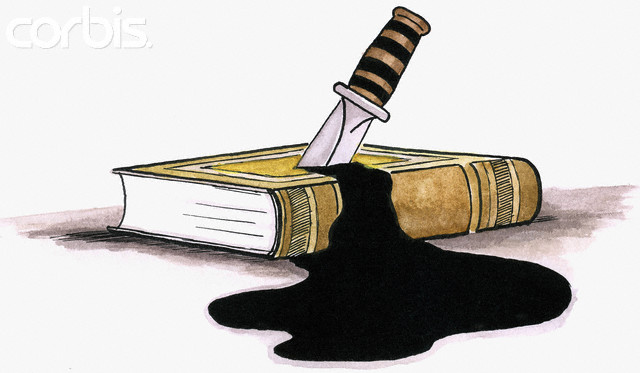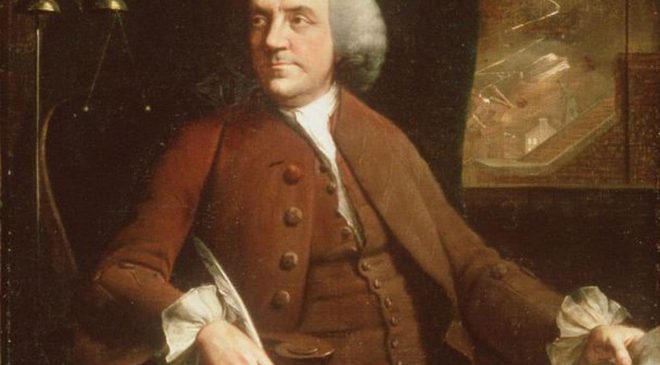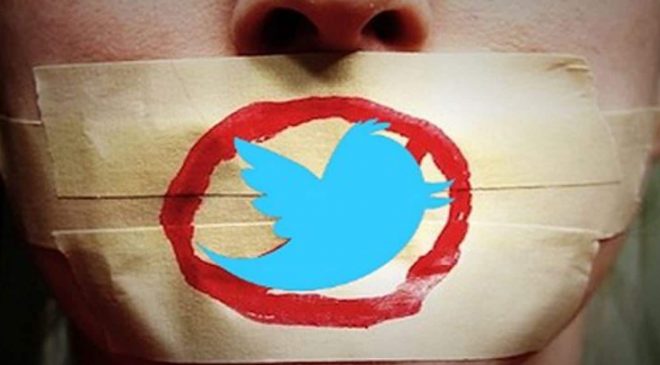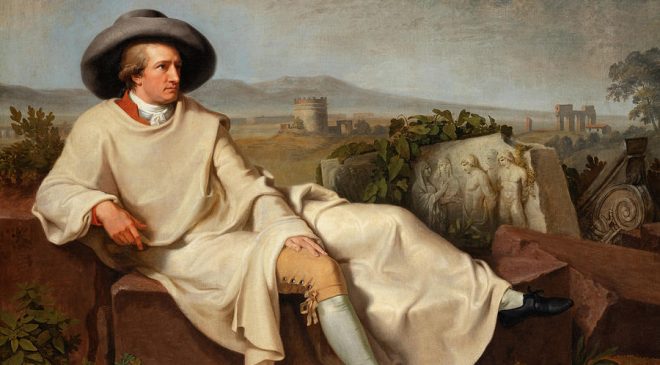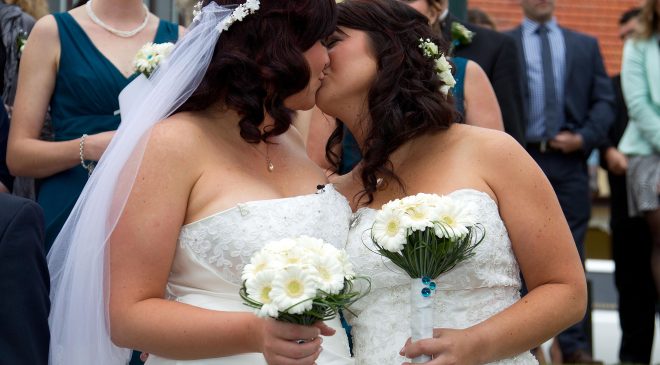I’ve long been puzzled by libertarian reverence for “the rule of law.” Why should friends of freedom care about the laws passed by the foolish and evil people who habitually rule over us? We should instead stubbornly put justice before the law. As Thoreau timelessly put in it “Civil Disobedience”:
Must the citizen ever for a moment, or in the least degree, resign his conscience to the legislation? Why has every man a conscience, then? I think that we should be men first, and subjects afterward. It is not desirable to cultivate a respect for the law, so much as for the right. The only obligation which I have a right to assume is to do at any time what I think right.
What about the conventional view that you should follow unjust laws while striving with all your might to change them? This is an absurdly demanding standard. The vast majority of humans couldn’t change a single law with a lifetime of maximum effort. The same goes, of course, for the Kingian view that if you break an unjust law, you should publicly accept the punishment. If that’s your only option, your least bad option is just knuckling under to the oppression of the world.
What’s the alternative? Being a righteous scofflaw. Follow just laws. Break unjust laws when the expected gains are positive. The latter happens surprisingly often, because the demagogues who rule us know that the public is often too squeamish to support draconian punishments.
Though I knew all this long before Covid, it was global Covid tyranny that brought these truths into focus. Governments in practically every country stripped us of basic freedoms with barely a shred of cost-benefit analysis. My ability to change these policies was near-zero. But I did have one highly effective way to win back my freedom: Disobey the law. Sometimes this lead to token punishments, like a censorious admonition back by an implicit threat of escalation. Most of the time, however, I totally got away with it, carving out a little extra freedom in our unfree world.
The lesson: When the government oppresses you, you don’t have to submit. You don’t have to make a futile effort to fix the system. And you don’t have to play the victim. You always have the final freedom to be a scofflaw. True, you could use this as a rationalization for wrong-doing, but I doubt you will. If you’re reading this, I think you want to be free. While exercising your final freedom will not actually make you free, it will almost certainly make you more free. Please try it and see.
